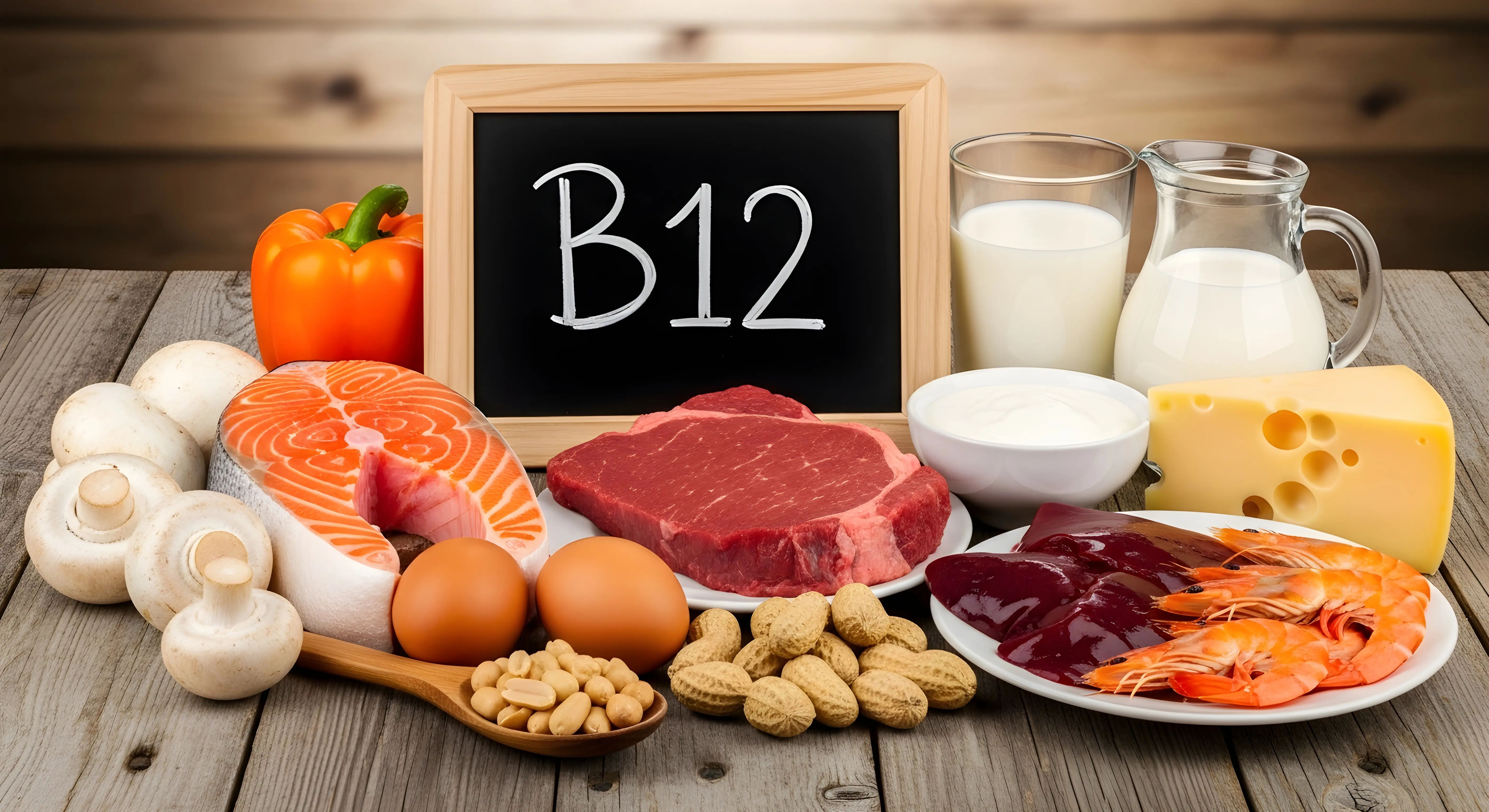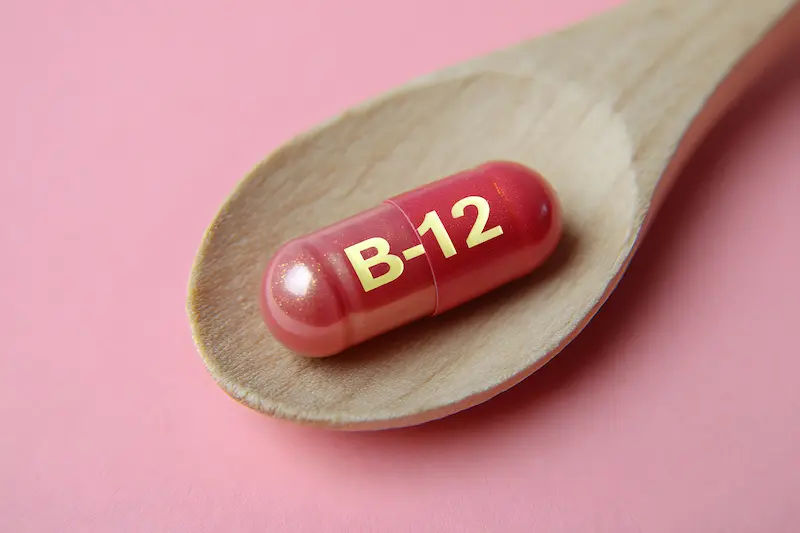- Female
- 27 Years
- 29/01/2025
I'm dealing with a fever and a cold right now, plus my body aches quite a bit. My calves are really hurting today too, which is new for me. I'm also feeling a bit weak overall. Should I be worried? Do you have any advice on what might be going on or what I should do next?
Answered by 1 Apollo Doctors
your symptoms could be related to a variety of illnesses, with the flu or a viral infection being the most likely causes. Rest, hydration, and mild pain relievers like paracetmol can help you manage symptoms in the short term, but if they persist or worsen, it's important to see a healthcare provider
Answered 04/07/2025
0
0

More General Physician/ Internal Medicine Health Queries
View allI've just recovered from a viral fever, but during that time, my CRP levels shot up to 25. I took medicine for about six days and got retested; now it's down to 5.27. I read online that CRP levels above 3 could indicate a risk of heart disease. Should I be worried about my current level? Could it still be elevated because of the fever, or does it say something about my heart health? Is it usual for CRP to be slightly higher after a viral infection?
Raise in crp indicates recent infection no need to worry consume vitamin rich foods and stay hydrated that will work
Answered by 1 Apollo Doctors
I'm really curious about C-reactive protein. I heard it can indicate inflammation in the body, but I'm not entirely sure what it means for overall health. What are the possible ways to reduce its levels? Is there more information I should know about it? I'm kind of worried because I've been told my levels are a bit high.
C-reactive protein also known as CRP is a substance produced by liver and it's produced in response to inflammation. The way to reduce is to treat the cause. As inflammation reduces, CRP will reduce
Answered by 1 Apollo Doctors
I've just stopped smoking and chewing pan masala since the 19th of last month. I'm curious and a bit worried about what kind of side effects or changes I might experience after quitting these. Could you help me understand what to expect?
You might have withdrawl symptoms like sweating,tremors,irritability,etc., if have nay visit Psychiatrist for appropriate management
Answered by 1 Apollo Doctors
Disclaimer: Answers on Apollo 247 are not intended to replace your doctor advice. Always seek help of a professional doctor in case of an medical emergency or ailment.





